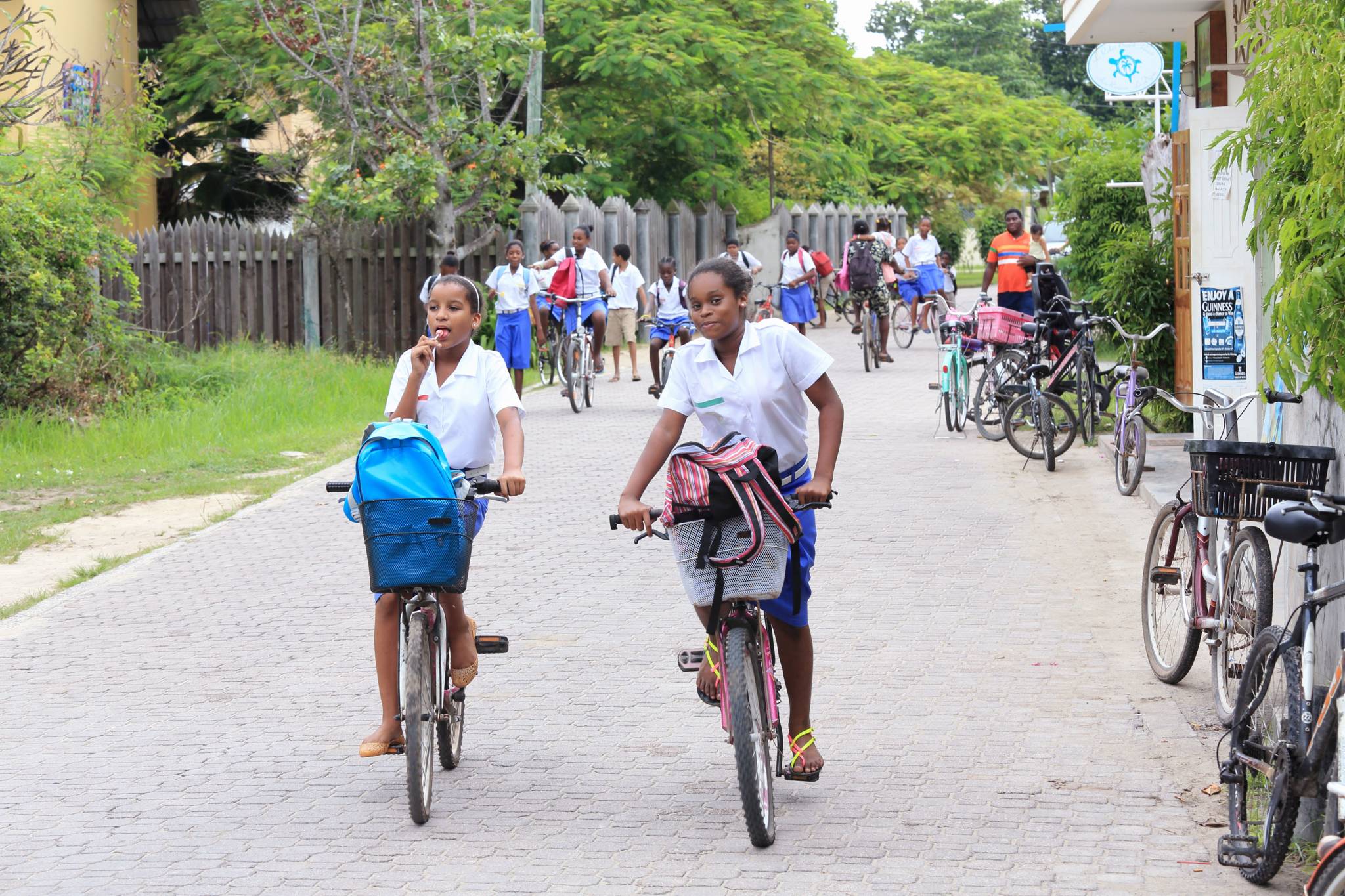We use Cookies. Read our Terms
- News
- Seychelles building a sustainable future based on education
Seychelles building a sustainable future based on education

Photo: Shutterstock
In the vastness of the Indian Ocean, scattered over a maritime area of 1.3 million sq m, 115 small islands form a year-round tourist destination, with fine beaches bordering turquoise seas.
This archipelago, Seychelles, restricts residency to only 10 of its many islands, with approximately 90 percent of the population of 88,000 living on the largest, Mahé.
In addition to its natural beauty, the country has something else to boast about—its attainment of the Millennium Development Goals, particularly those relating to education, health, poverty eradication and the environment.
Seychelles’ Education for All National Action Plan 2001-2015 found fertile soil and rapidly expanded with the motto: “Meeting our collective commitments.” The country’s remarkable efforts bore fruit, resulting in the achievement of universal basic education and gender parity in primary and secondary schooling.
Education priorities have focused on improvements in the quality of education, enhanced teacher training, promotion of curriculum relevance and the motivation for lifelong learning. These priorities have been set to take into account the small labor force (51,000 in 2013), the limited opportunities to diversify an economy relying primarily on tourism and tuna fishing, the high dependence on imports and the vulnerability to climate change.
The largest budgetary allocation of 9–13 percent is reserved for education as a national priority. Of the 13 levels of schooling available to all children, 10 are compulsory: early childhood care, primary and secondary schooling, technical and vocational education and training, and special education. The literacy rate is estimated to be a creditable 97 percent.
Building schools to shape a promising future
OFID has been fully supportive of the prominent role of education in Seychelles’ development, providing funding for not one but two school construction projects. An optimal physical infrastructure is essential for achieving a favorable teaching and learning environment
The first project was a joint initiative with the Government to upgrade the Baie St Anne Primary School in Praslin, the second largest island in the archipelago, and bring the school into line with the standard required by the Ministry of Education and Youth. As an important provision, the school complex included a food center to allow children to enjoy a midday meal.
The project involved the construction of a three-story building with a floor area of about 4,600 sq m, including a section for physically impaired children. The school meals center is adjacent to the new building, on a single level of 250 sq m.
Equipment and furniture, an important part of the project, provided the items needed for the educational process for both teachers and students, as well as to accommodate the planning, preparation and distribution of meals.
The project was completed in 2008 to benefit over 200 children in the day-care center of the school, 650 pupils at the primary level and about 20 handicapped children. This is the only primary school in the country which provides not just physical facilities but also special education for disabled children. Part of the OFID loan was utilized to purchase buses to transport them.
The second project—Perseverance Island Social Services—was co-financed with BADEA and included education facilities, health components and a social housing development. Perseverance Island is located approximately 10km from the national capital of Victoria and connected to Mahé by several bridges.
OFID was involved in the construction of two primary schools, one secondary school and a health center. The construction of the two primary schools was completed in mid-2013, and opened in September the same year. Each of the schools has a capacity of 500 students while the health center can treat up to 200 outpatients.
Included in the overall concept of the Perseverance Island project was the construction of day-care centers, classrooms, libraries, administrative buildings, dining rooms and canteens. Also incorporated were labs, water supply networks, sewerage and surface drainage systems, electrical structures, communications systems, access roads with parking areas, green areas and sports facilities, as well as furniture and other essential equipment.
Syahrul Luddin, OFID country officer for Seychelles, pointed out that, according to UNDP, Seychelles is ranked number one in Africa in terms of meeting MDG targets. “I am confident that OFID has played a useful role, as all of its support has been directed at improving access to quality social services,” he said.
OFID’s contribution has helped consolidate the success already achieved in education by this tiny African gem. Seychelles may be tiny, but it demonstrates huge triumphs in the steps it is taking towards a sustainable future.